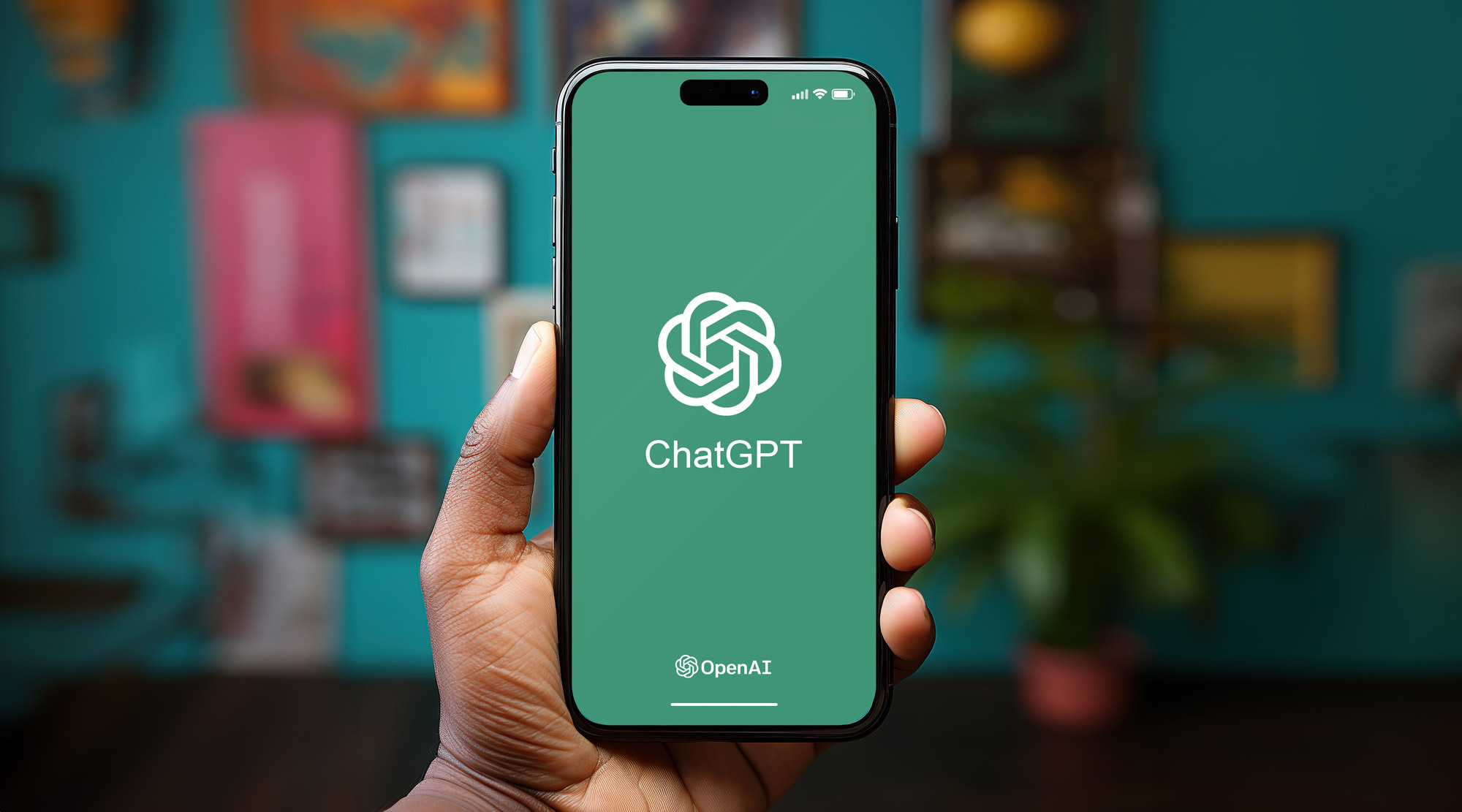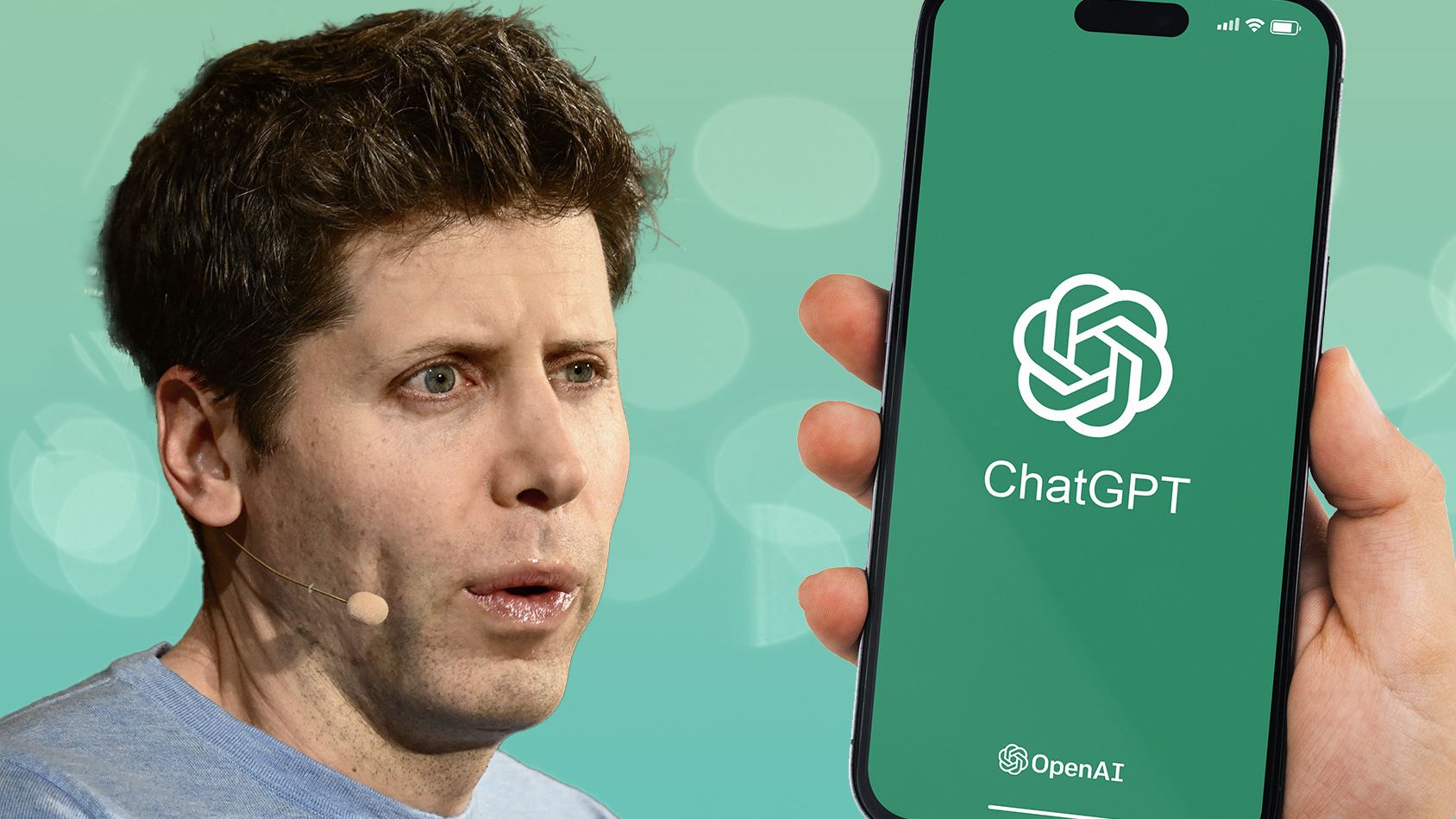Developer Offer
Try ImaginePro API with 50 Free Credits
Build and ship AI-powered visuals with Midjourney, Flux, and more — free credits refresh every month.
OpenAI Clarifies ChatGPTs Stance On Professional Advice

The Social Media Stir
When OpenAI launched advanced versions of its models, it was suggested that ChatGPT could become a resource for medical and health-related questions. However, a recent whirlwind of speculation on social media, particularly X, created confusion among users about the chatbot's capabilities in providing both medical and legal information.
Users pointed to a specific line in ChatGPT's updated terms and conditions that seemed to prohibit the “Provision of tailored advice that requires a license, such as legal or medical advice, without appropriate involvement by a licensed professional.” This led many to believe that OpenAI was shutting down the AI's ability to answer these types of queries altogether.
OpenAI Sets the Record Straight
In response to the growing rumors, Karan Singhal, the head of Health AI at OpenAI, quickly stepped in to clarify the situation. On X, he stated, “Not true. Despite speculation, this is not a new change to our terms. Model behavior remains unchanged.”
He emphasized a crucial point: “ChatGPT has never been a substitute for professional advice, but it will continue to be a great resource to help people understand legal and health information.”
Not true. Despite speculation, this is not a new change to our terms. Model behavior remains unchanged. ChatGPT has never been a substitute for professional advice, but it will continue to be a great resource to help people understand legal and health information. https://t.co/fCCCwXGrJv

What Does the Policy Change Really Mean?
So, if ChatGPT will still provide information on these topics, what is the purpose of the updated terms? The change isn't about blocking the chatbot from discussing medical or legal subjects. Instead, it aims to prevent users from using the AI's advice to perform licensed activities that could harm others without consulting a qualified professional.
Essentially, because ChatGPT is not a licensed doctor or lawyer, its output should not be used to treat or legally represent another person. This policy update is designed to prevent individuals from positioning themselves as professionals while relying solely on ChatGPT for their information. This is consistent with OpenAI's previous usage policy, which barred activities that “may significantly impair the safety, well-being, or rights of others.”
A Broader Trend of Caution

This clarification is part of a larger, more cautious approach OpenAI is taking with sensitive conversations. Recently, the company released a detailed document outlining significant changes to how ChatGPT handles discussions related to mental health.
Working with over 170 mental health experts, OpenAI has improved the model's ability to recognize signs of user distress. Following comments from CEO Sam Altman about relaxing certain guardrails to improve accessibility, the new updates redirect sensitive conversations and suggest users take a break if they appear distressed. While separate from the policy on general medical advice, this initiative shows OpenAI's ongoing efforts to responsibly manage the AI's role in providing advice on complex and high-stakes topics.
Compare Plans & Pricing
Find the plan that matches your workload and unlock full access to ImaginePro.
| Plan | Price | Highlights |
|---|---|---|
| Standard | $8 / month |
|
| Premium | $20 / month |
|
Need custom terms? Talk to us to tailor credits, rate limits, or deployment options.
View All Pricing Details

